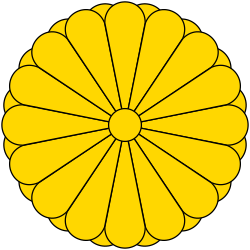Campaign
As public antipathy was largely towards Kishi and his cabinet, rather than flagship LDP policies, the election was not a setback for the party. Kishi's successor, Hayato Ikeda, was popular for his moderate attitude and public image as a practical finance minister, and LDP candidates focused heavily on issues such as maintaining already-strong economic growth. Ikeda made a splash with his promise to double the national income in ten years, known as the "Income Doubling Plan," which also promised economic benefits such as tax cuts to small businesses, farmers, and consumers.
The LDP also benefitted from factionalism in the JSP, as the more moderate and anti-communist Democratic Socialist Party seceded from the JSP at the beginning of the year, leading to a spoiler effect. [2]
This page is based on this
Wikipedia article Text is available under the
CC BY-SA 4.0 license; additional terms may apply.
Images, videos and audio are available under their respective licenses.






